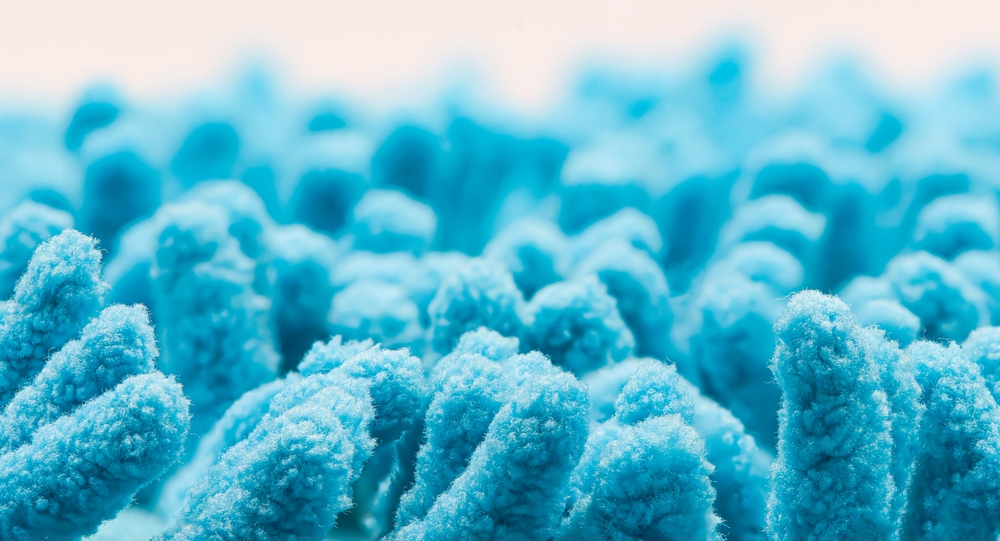Probiotics, a buzzword in health circles, have long been associated with a variety of health advantages. Their range is broad, ranging from digestive help to infection prevention. Andrea Merchak, a Postdoctoral Associate in Neuroscience at the University of Florida, shows that current research points to another exciting area: mood improvement.
Gut microbiome: a microscopic community
The secret lies in the complex world of the gut microbiome, which is home to billions of bacteria, fungi, and viruses. Each species and strain has a distinct role, determining metabolism, byproducts, and environmental preferences. Not all probiotics are the same, and understanding the microbial community’s dynamics is critical.
Mice as mood barometers
In the interesting study of the gut-brain axis, mice are valuable players, providing significant insights into the complex relationship between gut bacteria and mood. Andrea Merchak and her team developed tests to investigate the behavioral responses of these microscopic organisms when exposed to pressures that mimicked the confinement experienced by humans in particular conditions.
The stressed mice, subjected to two-hour daily confinement, were placed in a condition similar to being confined within a small space, eliciting responses that resembled depression– and anxiety-like behaviors. This carefully built stress model enabled researchers to monitor and quantify behavioral changes, providing insight into the potential impact of gut bacteria on mood regulation.
Transferring stress through the microbiome
Andrea Merchak’s team conducted ground-breaking investigations that advanced our understanding of the gut microbiota’s function in mood regulation. The transfer of stress-related behavior through the microbiome became the main topic, resulting in novel techniques to investigating this complex relationship.
Clean mice, free of bacteria, fungus, and viruses, acted as clean slates for the researchers. These mice, which lived in a controlled setting resembling a sterile bubble, lacked a preexisting microbiome. To investigate the impact of gut bacteria on behavior, these clean mice were exposed to feces from stressed and normal mice.
Surprisingly, stress and anxiety-related behavioral tendencies emerged in clean mice exposed to their stressed counterparts’ feces. This key result offered tangible evidence that the microbiome itself may transmit stress-related behavior from one batch of mice to another, emphasizing gut microorganisms’ substantial role on mood regulation.
The experiment not only demonstrated the possible transferability of stress-related behavior via the microbiome, but it also established the groundwork for a better understanding of the dynamic interplay between gut microorganisms and the complicated systems that regulate mood. Researchers systematically documented these behavioral modifications, revealing a more complete picture of the gut-brain axis as a complex and interrelated system in which microbial influence extends beyond digestion to actively shape emotional well-being.
Deciphering the mood-changing bacteria
The key question emerges: which bacteria have the ability to influence mood? Lactobacillus, a type of bacteria, takes center stage. Lactobacillus was dramatically reduced in stressed mice, and there were over 170 different species and strains. To find the most successful strains, a thorough testing approach was developed that involved mice with low bacterial diversity, paving the path for systematic strain-by-strain research.
Two strains, Lactobacillus intestinalis ASF360 and Lactobacillus murinus ASF361, have been identified as resilience champions. Mice with these strains showed increased stress tolerance and suppressed brain circuits associated with fear. The findings highlight the ability of particular Lactobacillus strains to positively influence mood.
The future of probiotic research
Andrea Merchak’s research on Lactobacillus strains is only the beginning. The unknown realm of probiotics awaits research, with scientists hoping to uncover strains that provide the best health effects. As the scientific community recognizes the bidirectional association between gut flora and mood, significant investigation in both animals and humans is ahead.
Nourishing your gut for mental well-being
While probiotic research continues, Merchak recommends that you support the Lactobacillus in your gut by eating a healthy, probiotic-rich diet. As the quest to understand the gut-brain axis grows, supporting the gut flora emerges as a proactive step toward potential mood enhancement.
Source study: Brain, Behavior, and Immunity—Lactobacillus from the Altered Schaedler Flora maintain IFNγ homeostasis to promote behavioral stress resilience












